Construction projects are complex endeavours that require meticulous planning, coordination, and execution. In today’s fast-paced world, where time and efficiency are paramount, it is crucial for construction management to embrace innovation and adopt new strategies to ensure seamless project delivery. This article explores some key areas where innovation can revolutionize construction management hk, leading to enhanced productivity, cost savings, and improved project outcomes.

- One area ripe for innovation is project planning and scheduling. Traditional methods often rely on manual processes that are time-consuming and prone to errors. By leveraging technology, construction managers can utilize advanced project management software that automates scheduling, resource allocation, and task dependencies. Real-time updates and collaboration platforms enable stakeholders to stay informed and make proactive decisions, resulting in improved project timelines and reduced delays.
- Another aspect that can benefit from innovation is materials and supply chain management. Delays in material procurement can disrupt project schedules and increase costs. Utilizing smart inventory systems and sensors can help track materials, monitor stock levels, and generate automated alerts when reordering is required. Additionally, embracing sustainable and eco-friendly materials can not only reduce environmental impact but also contribute to long-term cost savings by minimizing maintenance and energy costs.
- Communication and collaboration are vital for successful construction projects. Traditional methods, such as physical documents and face-to-face meetings, can be cumbersome and time-consuming. Adopting digital collaboration tools, such as cloud-based platforms and project management software, allows stakeholders to communicate in real-time, share documents, and track progress effortlessly. Virtual reality (VR) and augmented reality (AR) technologies can further enhance collaboration by providing immersive visualizations, enabling stakeholders to experience the project before it is built, identify design issues, and make informed decisions.
- Quality control is another critical aspect of construction management that can benefit from innovation. Implementing technologies such as drones and sensors can streamline inspection processes, identify defects, and ensure compliance with quality standards. Data analytics and artificial intelligence can analyse large volumes of data, detect patterns, and predict potential risks, enabling proactive decision-making to mitigate issues before they escalate.
- Safety is of paramount importance in construction. Innovative technologies, such as wearable devices and IoT sensors, can monitor worker safety in real-time, detect potential hazards, and provide immediate alerts. Furthermore, virtual reality simulations can offer immersive safety training experiences, allowing workers to practice and respond to various scenarios in a controlled environment, minimizing on-site accidents and injuries.
- Innovation in construction management hk also extends to sustainability and green practices. Embracing renewable energy solutions, implementing energy-efficient designs, and incorporating green building materials can reduce the carbon footprint of construction projects. By adopting sustainable practices, construction managers can contribute to environmental preservation, meet regulatory requirements, and enhance the project’s overall value.
In conclusion, construction management stands to benefit greatly from innovation in various areas. By embracing technology, streamlining processes, and adopting sustainable practices, construction projects can become more efficient, cost-effective, and environmentally friendly. As the industry continues to evolve, it is essential for construction managers to stay at the forefront of innovation and harness its transformative power for the benefit of all stakeholders involved.


